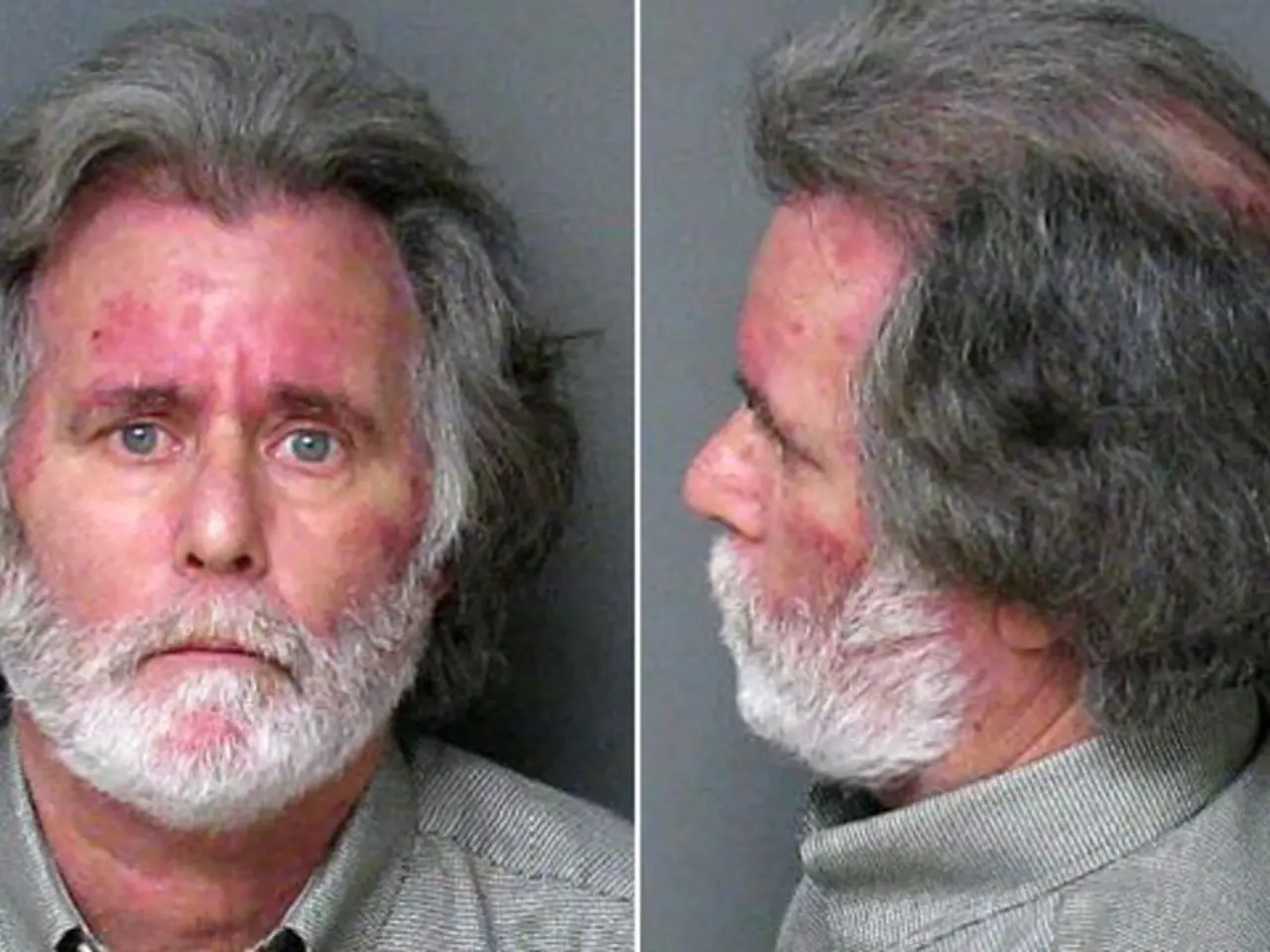Unhealthy Body Image Reflected in Excessive Acknowledgement of One's Shortcomings
In a world where perfection is often idealised, acknowledging and accepting our flaws can be a powerful step towards personal growth and development. Recognising and embracing our imperfections encourages others to do the same, fostering trust and connection, as well as building stronger relationships.
By accepting ourselves as we are, flaws and all, we foster self-acceptance and a more positive mindset. This acceptance allows us to let go of unrealistic expectations and the need to be flawless, leading to a healthier sense of self-esteem.
Embracing our imperfections helps us create a sense of authenticity and vulnerability, which are key components in building strong relationships with others. This authenticity can help break down barriers and foster a deeper level of understanding and empathy.
However, it's important to note that an unhealthy body image, characterized by excessive self-criticism and a focus on perceived flaws, can significantly harm mental and emotional well-being. This unhealthy body image often stems from internalising unrealistic beauty standards and engaging in frequent negative social comparison, leading to chronic dissatisfaction, shame, and lowered self-esteem.
Individuals with an unhealthy body image may develop body dysmorphic disorder (BDD), a condition characterised by obsessive preoccupation with minor or imagined flaws. This condition drives compulsive behaviours like mirror checking and social avoidance, severely impacting mental health.
The emotional impact of an unhealthy body image includes feelings of embarrassment, guilt, and shame about one’s body, reinforcing negative self-worth and reducing overall life satisfaction and risk-taking. Childhood trauma and low self-compassion can intensify self-criticism, worsening body dissatisfaction and increasing vulnerability to mental health disorders related to body image.
In sum, the relationship between unhealthy body image and harsh self-criticism fosters a harmful mental state marked by anxiety, low self-esteem, and emotional distress, often perpetuating through societal pressures, stigma, and cultural ideals of beauty. Therapeutic approaches that build self-compassion and challenge beauty standards are crucial for improving mental health outcomes in affected individuals.
Identifying areas in our lives where we may need improvement helps us gain a clearer understanding of ourselves and our areas of opportunity. Understanding and accepting our flaws is essential for personal growth and development, and by being realistic about our flaws, we can cultivate self-esteem, build stronger relationships, and embrace a more authentic version of ourselves.
Science reveals that acknowledging and accepting our flaws can encourage personal growth and development in education and self-development, promoting mental health and health-and-wellness. On the other hand, an unhealthy body image, characterized by harsh self-criticism and a focus on perceived flaws, can significantly impact mental health and well-being, impeding personal growth and authenticity in relationships.




